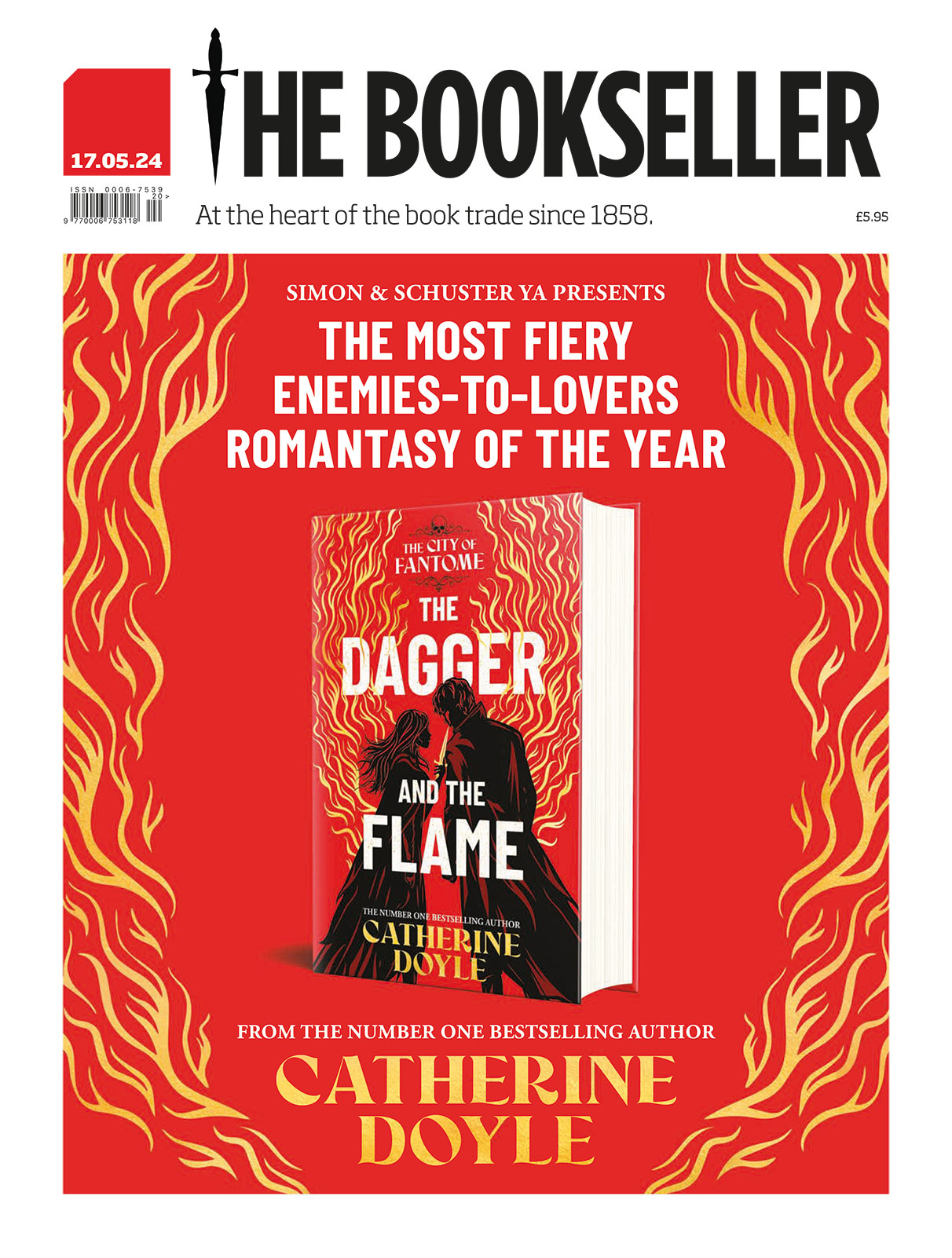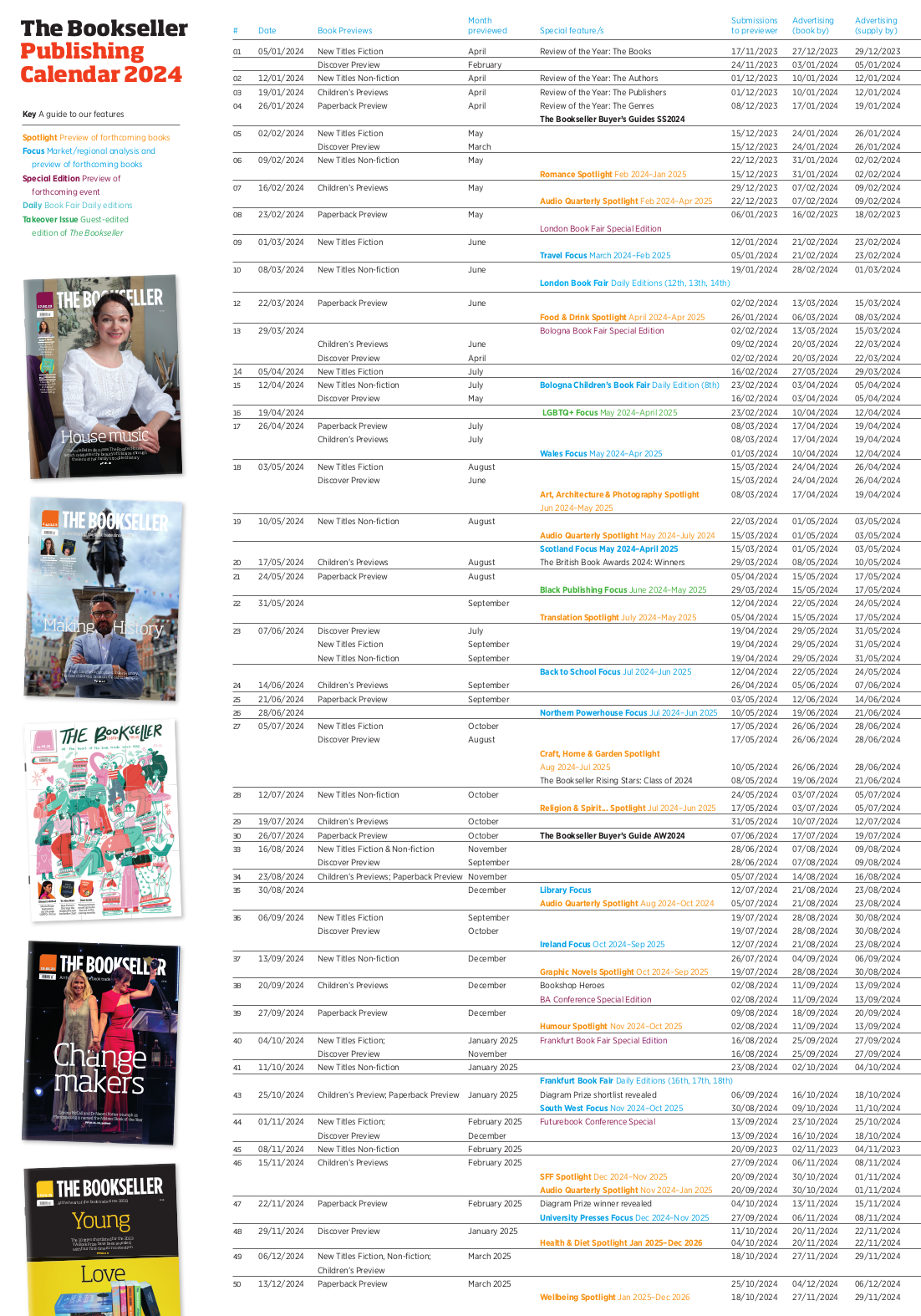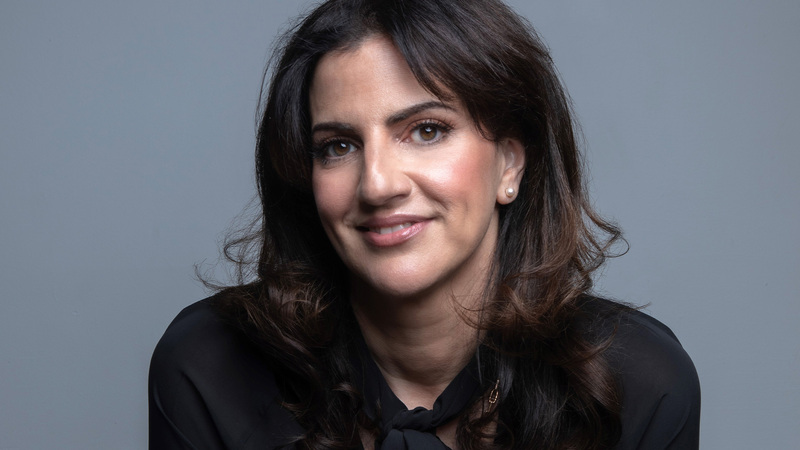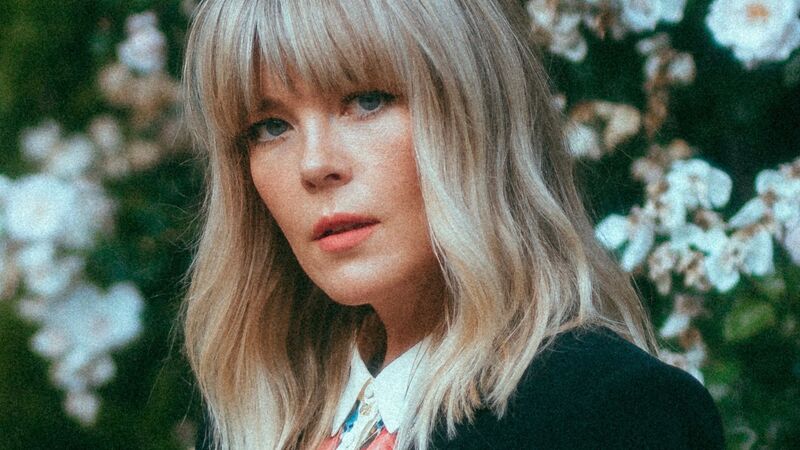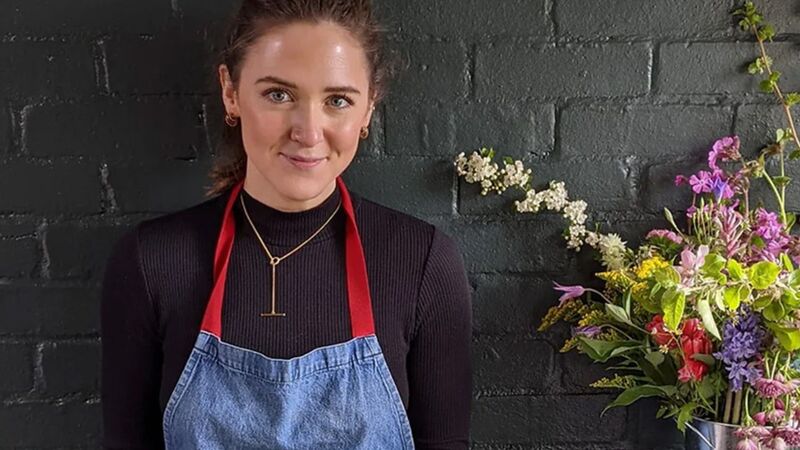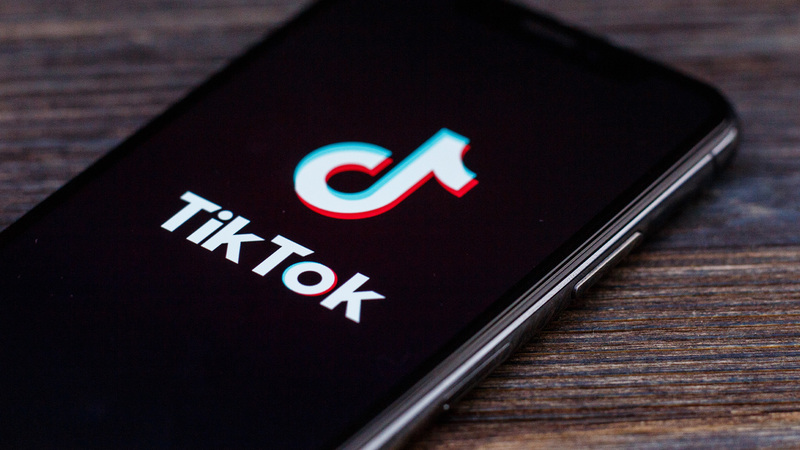You are viewing your 1 free article this month. Login to read more articles.
Ryan O'Connell talks about visibility and his new memoir
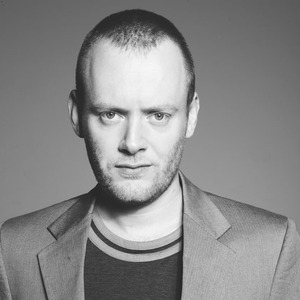
Matthew Todd is an author and a former editor of Attitude magazine.
Following the success of his memoir and its Netflix adaptation, and ahead of the release of his first novel, Ryan O’Connell explains how he is breaking new ground.

Matthew Todd is an author and a former editor of Attitude magazine.
It’s hard to believe that even 10 years ago there were few books documenting the lives, loves and stories of gay people. Armistead Maupin’s Tales of the City novels, published throughout the 1980s, broke new ground, showing gay people as we were—surviving, even thriving—something that felt radical after the misery that came before. But they stood alone. There weren’t many other books like them. Today, there has been a long-overdue realisation that LGBTQ+ folk read books, and furthermore, after the social revolution ignited by Black Lives Matter, there has arisen an awareness that a more diverse range of stories deserve and need to be told. In 2022, Ryan O’Connell, a 35-year-old gay man from California, finds himself on the crest of a wave, in a world dominated by buff, perfect bodies, as one of the funniest gay men writing and acting today—and who also has a disability.
Born in 1986 in a liberal family in Ventura, California, O’Connell grew up, after being diagnosed with cerebral palsy at birth, obsessing about TV shows. He first realised he was gay when he saw Ryan Philippe’s bottom in the film “Cruel Intentions” and famously thought, “Oh, fuck me! I’m gay and disabled. That’s so rude!”
Before, I’d enter rooms of execs and have to start from scratch. That being said, no one is banging down my door
That reaction is no surprise. For complicated reasons, the “gay world” as seen in magazines, online, in advertising and apps, has been presented as white, chiselled, 3% body fat—a daunting environment for everyone—so O’Connell tried to keep his disability (he walks with a limp on his right side) to himself. He began blogging for US sites Thought Catalog, Vice and Buzzfeed, among others, where various entries, saturated by his quick wit and likeable personality, went viral. When Simon & Schuster commissioned him to write a book, he decided that it was time to acknowledge his disability. His writing came to the attention of Jim Parsons, star of “The Big Bang Theory”, and O’Connell’s memoir I’m Special (Simon & Schuster) was adapted into “Special” for Netflix. The show was a success, earning four Emmy nominations in 2019, but was cancelled after the second series. Despite that, with its charming and human depiction of gay life—he says Christopher Guest’s comedies inspired him because “they always seem to be operating from a place of kindness and not cruelty”—it propelled him into the consciousness of the LGBTQ+ community as well as giving him a vital profile in the TV industry. “It showed people what I could do”, O’Connell writes. “Before, I’d enter rooms of execs and have to start from scratch. That being said, no one is banging down my door. Hollywood still suffers from ableism and a profound lack of imagination, so most of everything I do is self-generated.”
This summer he returns with his second book, Just by Looking at Him (Sphere), a novel he describes as a “traumedy about sex and the body”. It tells the story of a writer with cerebral palsy living in Los Angeles, in a perfect relationship, until he falls in love with a sex worker. “There’s something for everyone” he says, “except for straight white men. They can stick to Franzen.” Both his first book and Netflix series were autobiographical. Like everyone, I’m wondering how much this one is? “The themes in the book are deeply personal,” he tells me, “but the actual story is fictional. I relate very deeply to the character’s inner monologue, but did I fall in love with a sex worker and burn down my relationship? No, babe.”
Body image
One of the most compelling things about O’Connell’s work is that he very honestly talks about struggling with body image; relatable for all types of people, of course, but in the gay male community, it is a raging epidemic. How have those pressures influenced his life and work? “It’s definitely made my life harder! Look, being gay and having a body is hell. Even those with washboard bodies are in hell. There’s an intense pressure for perfection in the gay community. People can be savage. When I did nude scenes for ’Special’, it wasn’t because I wanted to. It’s because I wanted bodies like mine to stop being erased.”
Sex is another striking feature in his work. Talking about it, pursuing it, showing it, explicitly, is clearly important to him. Why so? “Sex is my muse”, he writes. “The absence of sex. The surplus of sex. How people present themselves during sex and how they choose to treat the other person is fascinating to me. I do think there is still a stigma attached to gay sex, which annoys me and motivates me to write more of it, just to troll society into acceptance.”
Back in 2015, O’Connell had a lot to prove when he moved from young blogger to published author, and took two and a half years to write his first book—“warning: don’t give a 26-year-old a book deal”, he writes. Two TV series down the line, has writing this book been much easier? “I wrote the first draft of Just by Looking at Him in four months. It sounds very corny to say but it poured out of me very quickly. As a writer, that will occasionally happen to you. You’ll tap into something very real and all of a sudden it’s like you’re not even writing it anymore. It was a very unique and empowering experience and I’ll be chasing that high forever.”
I know I will have made it when I’m allowed to be the one-dimensional gay best friend in a studio comedy and my disability is never even discussed
His writing routine, he says, is very boring. “I write first thing in the morning. I break in the afternoon. I edit in the evening. It’s not romantic. So much of being a writer is being realistic about the conditions under which you can work. For example, if I have a meeting in the morning, I know there’s zero chance I’ll be able to work after. The momentum will be gone.”
Many LGBTQ+ stories still focus on pain. Growing up gay can be isolating; homophobia and transphobia are still real. My book Straight Jacket discussed the higher rates of addiction and depression in the gay community. But O’Connell is keen to depict the happiness in gay lives. In another interview, he stated that gay joy is radical. I agree and ask him to explain. “I feel like often the value in marginalised people’s stories is measured by pain because pain equals awards. Showing people just exist and are funny and have a life is quietly revolutionary because it allows us to be multifaceted people,” O’Connell says. “Like, I know I will have made it when I’m allowed to be the one-dimensional gay best friend in a studio comedy and my disability is never even discussed.”
Discussing disability
The writer has said previously that making the decision to talk about having cerebral palsy was daunting. How does it feel seven years down the line? “It still feels a little overwhelming because the visibility and representation isn’t where it should be. ‘Special’ got cancelled. Where the fuck is the next disabled show by a disabled creator? We have four million shows about cops which, ew. Meanwhile, one in four people identify as disabled and it’s tumbleweeds. Let us make something!”
There is no doubt that what O’Connell is making in the world is having an impact—entertaining and moving people, showing what it’s like living with cerebral palsy and giving a voice to those who feel different among the already different. Being in the “Queer as Folk” reboot is clearly a huge break for him—O’Connell says his character is closer to who he is in real life—less naïve than Ryan in “Special”; “kind of a salty bitch”. It’s something that he says his younger self could never have imagined.
“It’s so amazing because when I watched ‘Queer as Folk’ as a closeted teen, it really did a number on me. My takeaway was, ‘Well, there’s no room for me at the gay table. Looks like I’m fucked.’ If 12-year-old me knew I would be in a reboot of it, he’d be like, ‘Wow. Chic. Does this mean you can afford to buy a house?’”

